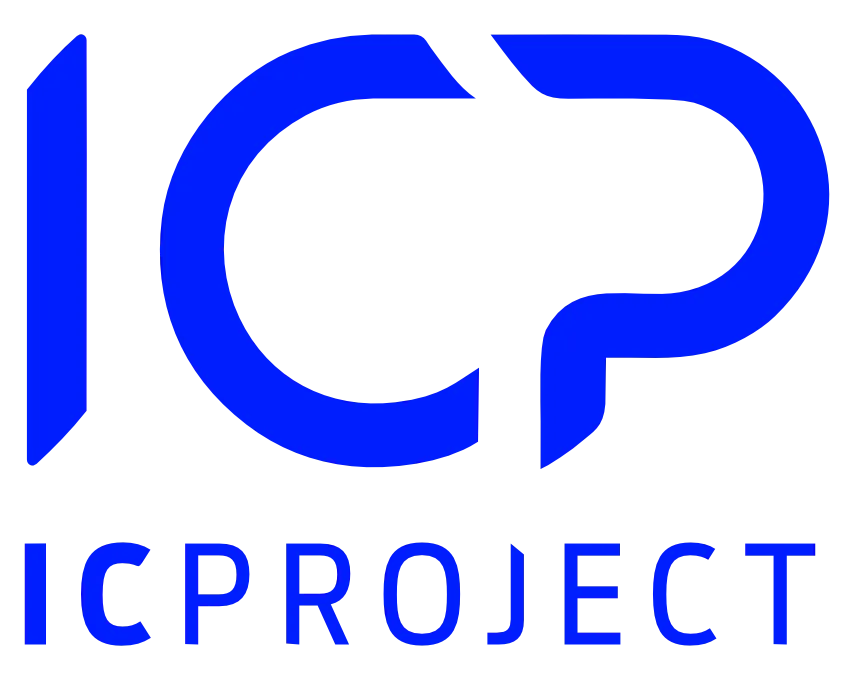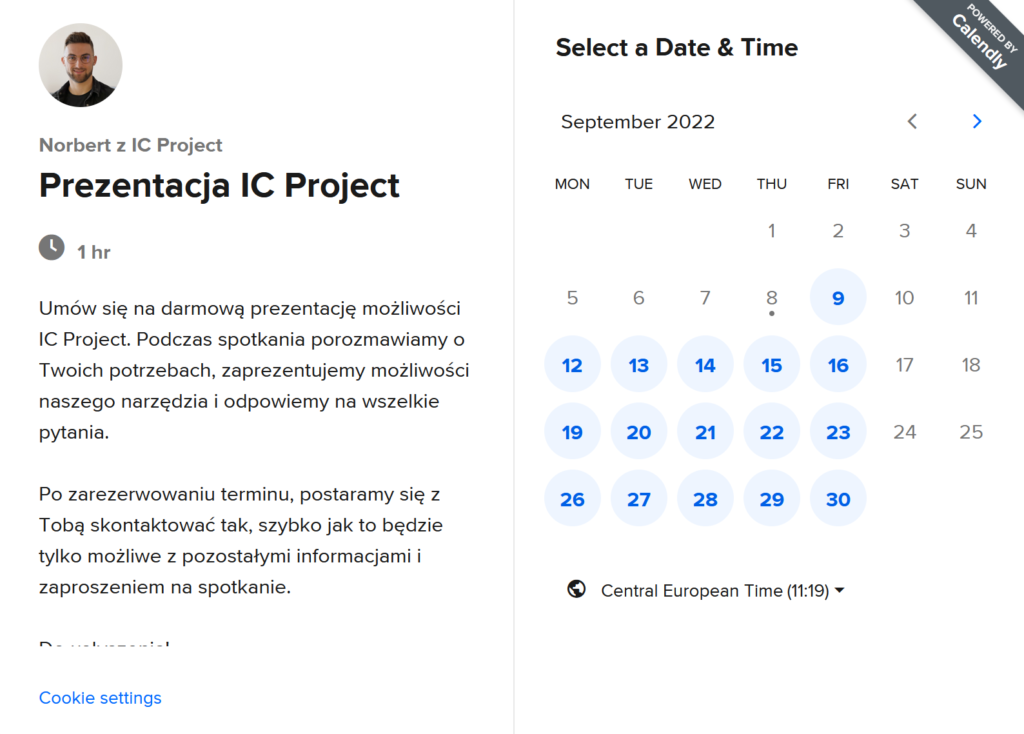Project management is a management discipline that requires the right skills and competences to achieve targeted project results. The key person in each project is none other than the project manager. An effective project manager must possess a number of characteristics that allow him or her to effectively lead teams, plan strategically and adapt to situational changes. In the following introduction, we outline five key characteristics (subjectively!) that every professional project manager should possess. Let’s also keep in mind that these qualities can change from year to year, because the market is constantly evolving, business has ever-widening demands, and trends in the technological world can change everything that is stable today. We therefore try to take into account the current changes and trends we are following, and thus present 5 qualities that we will be able to attribute to a project manager in the coming years.
Effective multicultural communication above all else!
Effective multicultural communication is undeniably a key attribute for the forward-thinking project manager. As the globalisation of business continues and project teams become increasingly diverse, the ability to communicate effectively in a multicultural environment becomes indispensable. The ability to adapt communication to different cultures isn’t only a way to avoid misunderstandings, but also fosters trust and harmonious team relationships. An effective project manager with the ability to manage cultural conflict can easily develop an international reputation as a leader capable of effectively managing diverse projects on a global level. As a result, effective multicultural communication grows into a key success factor, remaining above everything for effective project management.
Additionally, data and trends confirm the growing importance of effective multicultural communication in today’s business world. According to the Diversity Matters report by McKinsey, companies with diverse teams tend to perform better financially. Cultural diversity and the ability to manage it effectively translates into innovation, which can generate new ideas and strategies. Furthermore, according to the report Globalization of HR: A Survey of the Impact and Practices of Global HR, 57% of respondents believe that cross-cultural communication is a key component of managing geographically dispersed teams. With cross-cultural teams becoming so important, this type of competence will be key for the project manager.
In the context of a global economy, cultural differences are becoming increasingly apparent and projects often require working with partners, clients and teams from different regions. The ability to understand and adapt to different cultural perspectives is therefore becoming not only an asset, but a necessity for the successful design, management and implementation of projects on an international scale.
Finally, the dynamic development of communication technologies and remote collaboration tools is making multicultural communication an everyday reality. Virtual teams working on different continents require special attention in the area of communication in order to function effectively and achieve their goals. Faced with these facts, project managers capable of successfully overcoming cultural barriers gain a strategic advantage, steering them towards success in a dynamic and globalised business environment.
Ability to work effectively under time pressure
The ability to work effectively under time pressure is an equally key attribute for the forward-thinking project manager. In a dynamic business environment where the pace of change is rapid, the ability to work in a coordinated manner within limited time constraints becomes a critical success factor. Research conducted by the Project Management Institute (PMI) indicates that project managers with strong time management skills have a higher success rate in project delivery. The trend of increasing competition in the marketplace further increases time pressure, making effective time management a key element of project success.
In practice, the ability to make quick decisions, flexibly adapt to changing conditions and effectively delegate tasks are crucial when delivering projects under time constraints. A dynamic business environment, supported by rapid technological advances, requires project managers not only to react quickly to situations, but also to manage resources and priorities effectively under time constraints. Consequently, the ability to work effectively under time pressure not only enables deadlines to be met, but also influences overall project efficiency, a key factor in achieving success in today’s globalised and competitive business environment.
Pressure is privilege and business is money. To make it all come together, every major project involves extra pressure. In the work of a project manager, all the more important are all the deadlines, schedules or time dependencies in a project. Seeing to every element, will always involve pressure, and this pressure will be what the project manager has to assimilate and deal with.
Technology orientation as a key to competitive advantage
Technology orientation is emerging as a key attribute of the forward-thinking project manager, paving the way for competitive advantage in today’s business world. With the rapid advancement of technology, project managers with advanced technological knowledge are better able to understand and utilise modern tools, resulting in more effective project management. Research by the Boston Consulting Group highlights that companies that invest in modern technology tend to record higher revenue growth.
In practice, being technology-oriented allows for more effective monitoring of project progress, automation of routine tasks, and the use of modern methodologies such as Agile or DevOps. In addition, the ability to collaborate effectively with IT teams and adapt to changing technology trends is becoming indispensable in the context of the rapid pace of IT-related industries.
As technology becomes an integral part of many areas of business, technology orientation is becoming a key component of competitive strategy. Project managers who consciously invest in developing their technology skills are able to adapt to new challenges and successfully implement innovative solutions, which in turn allows companies to maintain a competitive edge in an increasingly digital business environment.
Let’s also keep in mind every project manager’s primary technology argument: project management software. The ability to implement, to use this type of software effectively is already a key skill for any project manager, and this type of feature will only evolve over the next few years and the growth of technology in projects.
Agility and adaptability to changing situations are the characteristics of the future
Agility and adaptability to volatility emerge as key characteristics of the forward-looking project manager. Business is now characterised by rapid change, the ability to adapt quickly to new conditions and be flexible to challenges is becoming a critical element of success. According to research by the Project Management Institute (PMI), agile project management increases the chances of achieving project goals, especially in the context of volatile market conditions. It is difficult to disagree with this.
In practice, agile and adaptive means being able to react quickly to changes in project scope, priorities or even team structure. A project manager with these qualities can effectively anticipate and solve problems, minimising the negative effects of unexpected events. For example, when the client changes its requirements or the market changes suddenly, an agile project manager is able to adapt the project strategy, ensuring that the project continues without major disruption.
Additionally, in the context of project management methodologies such as Agile, agile becomes an integral part of the process, enabling adaptation to changing client expectations and a shorter project lifecycle. A project manager who uses agile is more open to working with the team, embracing change as an opportunity for improvement rather than a problem to be solved.
Agility and adaptability to changing situations are key qualities for a project manager who wants to succeed in today’s constantly evolving business environment. The ability to adapt quickly to change and a flexible approach to uncertainty are fundamental to successful project management in an era of dynamic and volatile market conditions. Trends show that the world of project management is moving towards agility, and the trait of being able to react and adapt to these changes will be what sets a project manager apart.
Negotiation skills are what will distinguish a project manager in a business environment
Negotiation skills are a key attribute that differentiates a project manager in a competitive business environment. In the project management process, negotiation is integral and the ability to negotiate effectively translates into achieving favourable terms for the project team and the organisation as a whole. Today, a project manager is not a person locked in the middle of a project with his or her team. At this point, the project manager is the real interface between the business and the project. Negotiation is an integral part.
In practice, a project manager’s negotiation skills include the ability to identify the interests and needs of both the team and external stakeholders. An effective negotiator is able to build trust, actively listen and find solutions that satisfy both parties. In addition, in the context of project management, negotiation is also about anticipating and resolving possible conflicts within the team, which is key to maintaining harmony and work efficiency.
An example of a situation requiring strong negotiation skills might be negotiating the budget, deadlines or scope of a project with stakeholders or the client. A project manager, by being able to effectively communicate his or her arguments, understand the needs of the other party and find compromises, can influence better project terms. The project manager is often a party to the company, so better negotiation skills in direct conversation with the client can generate better terms and values for the company. This is something that is increasingly sought after in project managers.
In the context of a global business, negotiation becomes even more complicated due to cultural and language differences. Knowledge of negotiation techniques adapted to different cultural contexts therefore becomes an added advantage, allowing a project manager to operate effectively in an international business environment.
Negotiation skills are a key element of effective project management, and a project manager who is able to put them into practice stands out as a professional capable of achieving favourable results in a competitive business environment.







